SUNDAY SHUTDOWN #32 Collagen
Collagen supplements are relatively new to the market and claims about health include maintaining a healthy gut, glowing skin, improved mood as well as promoting healthy hair, nails and skin. It comes in the form of tablets, drinks, topical creams, bars and powders.
With our skin starting to age from our mid 20’s onwards, many are actively freaking out about lines and wrinkles and will do anything to stop it.
Studies…
There are many studies showing collagen works in a laboratory environment but move away from there and into the real world and there is pretty much no evidence for its positive use in humans on any of the health claims listed above. Once you consume collagen, it has to survive being digested (the stomach is very acidic) get into your blood and then be transfused into your skin before it can be used. Collagen is once again cleverly used to pray on our insecurities.
However, the good news is taking collagen supplements is unlikely to be harmful due to the minimal doses being consumed within these supplements. Personally I wouldn’t recommend spending your hard earned cash on something that’s not proven to work. However, that’s up to you. Some of the best things you can do to protect your skin is stay hydrated, wear sunscreen, eat lots of fruit and veg, exercise regularly and don’t smoke or consume alcohol excessively.
There is a little bit of research into the positive effects of collagen hydrolysate supplementation on bone density and joint health, however you ain’t gonna get this from a drink with collagen added to it. Yet again these studies were a mix of animal, lab and human studies with doses of up to 12g per day and the effects were short term. For perspective, in a tablet you’ll get about 1 gram. (Porfirio, E 2016 and Liu et al 2018)
What do the the experts say?
Whilst on the topic of skincare and the effect ingesting collagen can have on your skin, I’d recommend taking a look at Anjali Mahto on Instagram. Clear cut evidence for your skin who also supports that the science here is sketchy at best.




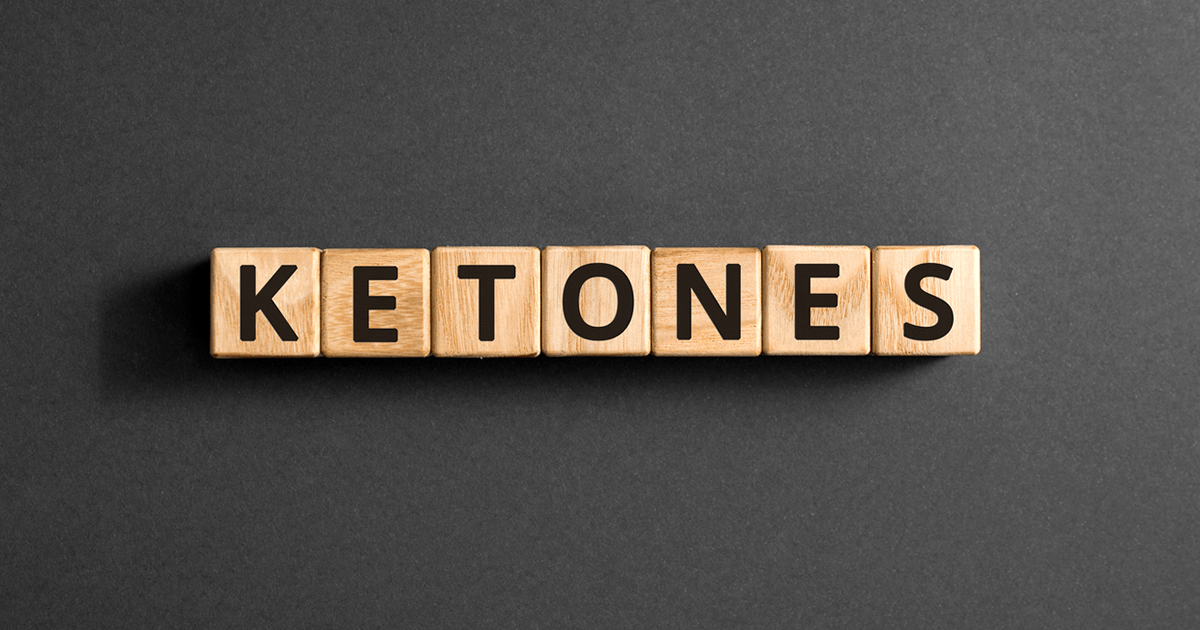

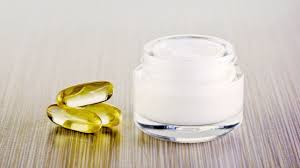
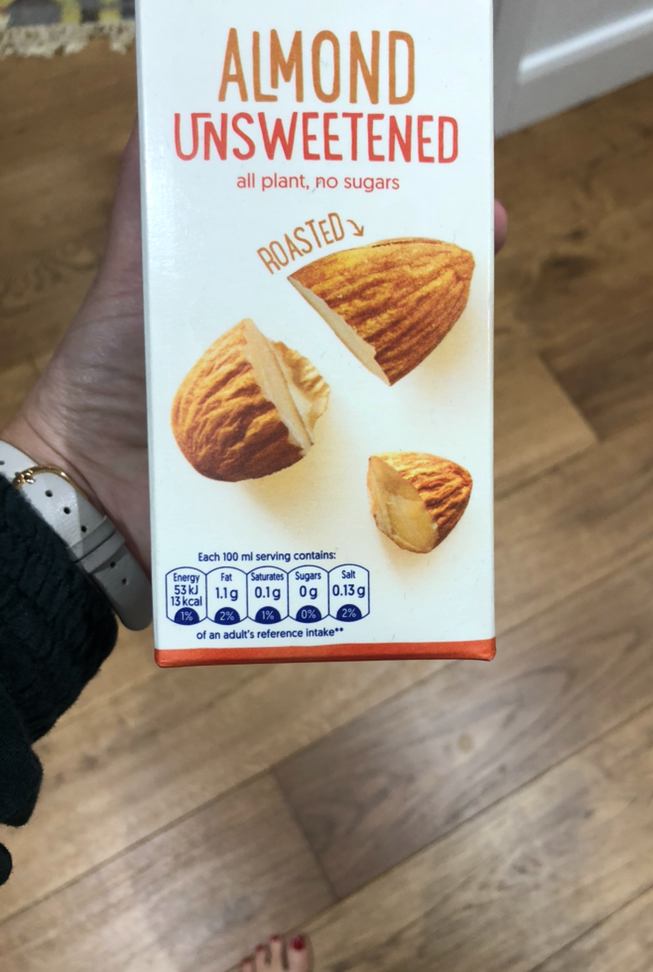
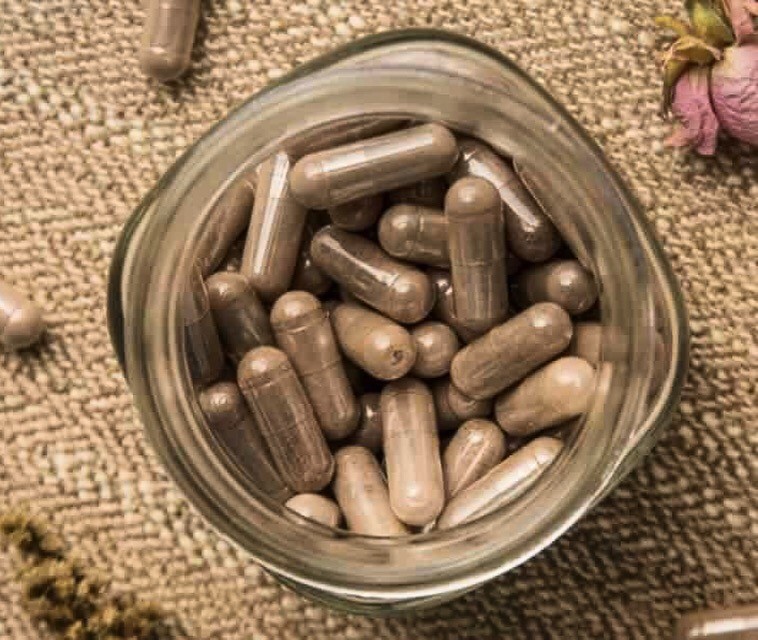
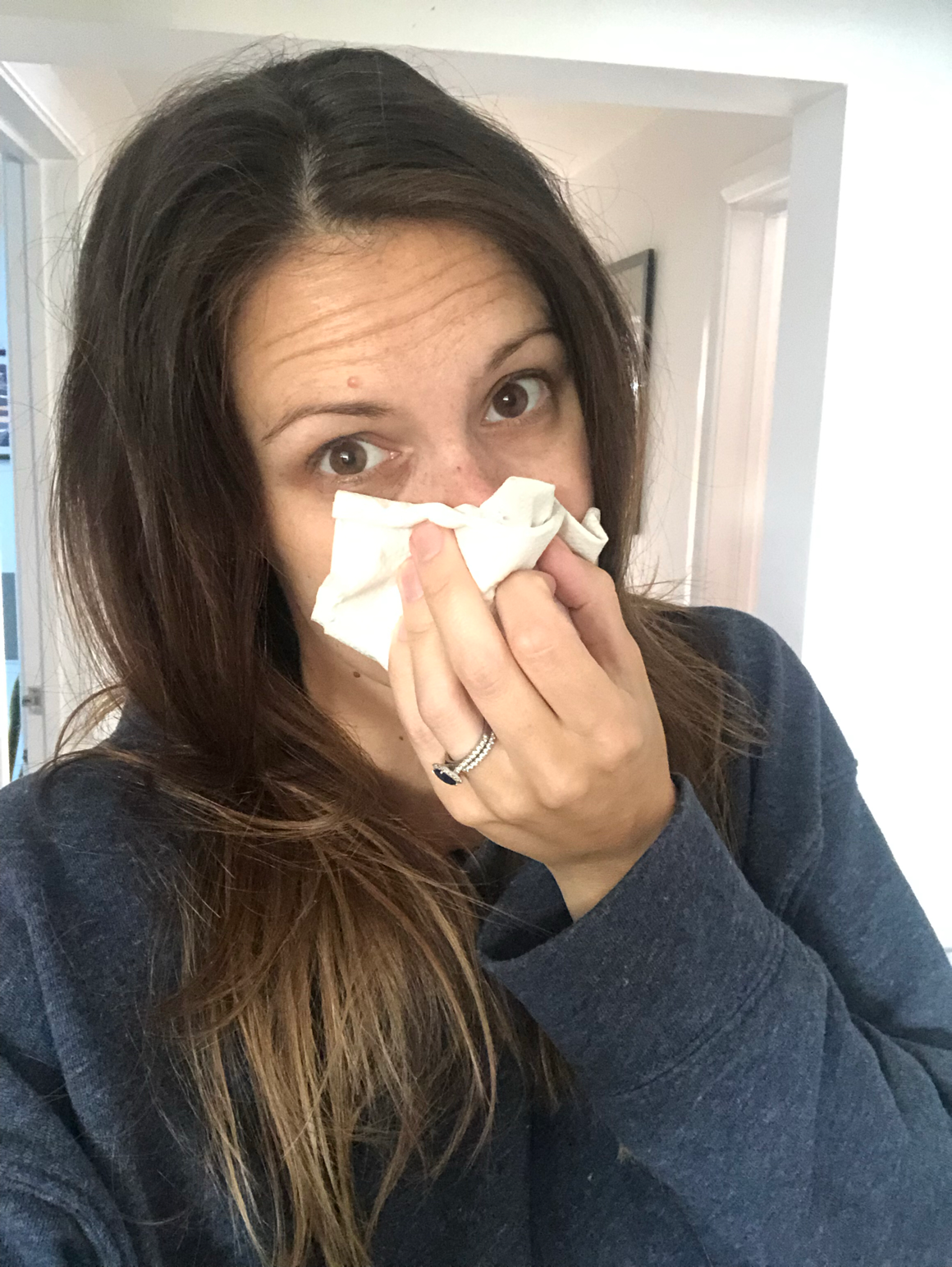
Recent Comments